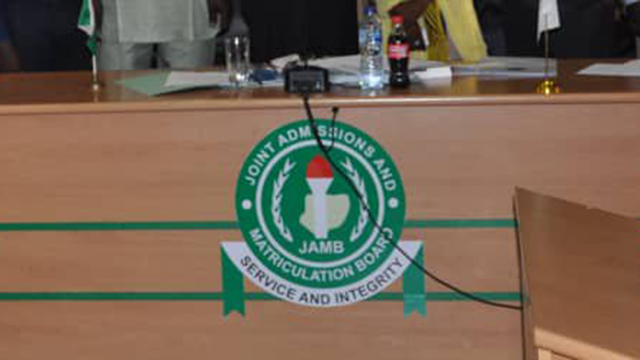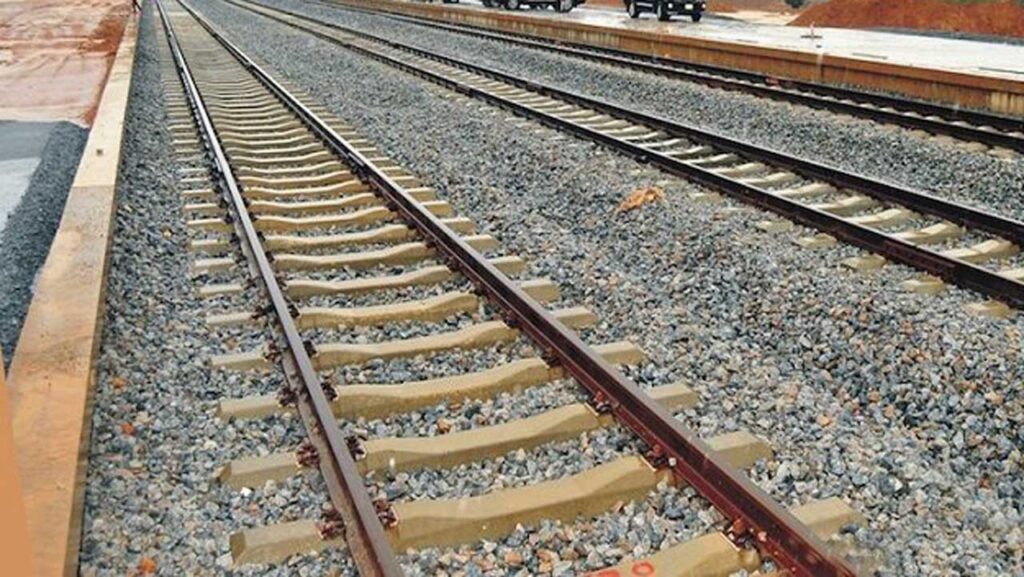• Of 44,866 applicants in 2023, 1,957 had forged certificates
• Only six had genuine papers in 148 applicants at BUK
• 79 out of 82 institutions yet to comply with JAMB’s verification directive
• JAMB slashes DE, diploma intakes from 30% to 10%
• Blame institutions for laxity, not candidates, applicants say
About 604 direct entry candidates may lose their admission into universities over failed verification from 82 certificate-awarding institutions.
Investigations by The Guardian showed that out of the 607 Advanced Level (A’level) certificates forwarded by the Joint Admissions and Matriculation Board (JAMB) to 82 institutions for confirmation, only three have responded so far, hanging the fate of 604 others.
The examination body had introduced the verification process for A’level students in its bid to tackle forged certificates submitted by direct entry applicants.
The JAMB Registrar, Prof. Ishaq Oloyede, explained that the verification was to curb the trend of direct entry candidates using fake or forged certificates to secure admission.
Sharing the board’s experience from the 2023 verification exercise, Oloyede disclosed that of the 44,866 candidates who applied for the DE (or converted from UTME), 1,957 have so far been disclaimed by the institutions.
The 82 institutions and the number of outstanding candidates include: Federal University of Technology, Akure (15), University of Nigeria, Nsukka (48), Nuhu Bamalli Polytechnic, Zaria (61), National Open University of Nigeria (NOUN), Abuja (13), Federal University of Technology, Owerri (12), Ekiti State University, Ado-Ekiti (53), Cross River State College of Education, Akamkpa (91), College of Education (Technical), Lafiagi (18) and College of Education, Waka-Biu, Borno State (20).
Others are Igbinedion University, Okada, Edo State (three), Oduduwa University, Osun State (2), The Polytechnic, Adoka, Benue State (7), Redeemers University, Osun State (3), Kogi State College of Education (Technical), Kabba (seven), and the Lagos State College of Health Technology, Yaba (1), among others.
Before the new development, only candidates without a diploma or other requirements for direct entry were made to sit for the Unified Tertiary Matriculation Examination (UTME) to gain admission into the universities, while holders of requirements for direct entry admission are only permitted to register without sitting examinations. But JAMB said the new development is part of measures to curb the malpractices already identified with direct entry applications.
A’levels are advanced post-secondary education, the results from which are often used by admission seekers to skip the UTME organised by JAMB; post-UTME by the institutions, and secure admission into 200-level in universities.
Justifying its “no verification, no admission” policy, Oloyede recalled that in the past, when a candidate applied for direct entry, JAMB would simply ask awarding institutions to do the necessary screening and due diligence.
He, however, expressed shock over the startling revelations from Bayero University, Kano (BUK), where only six certificates out of the 148 direct entry applications to the institution, were genuine.
Oloyede said it was based on this discovery that the examination body called a meeting of critical stakeholders to chart ways of combating the menace.
Part of the measures suggested, he said, was the constitution of an A’level result verification task force, as well as the creation of a common platform for the verification of results and certificates.
Investigations by The Guardian also showed that the examination body has reduced admission of A’level and diploma intakes from 30 per cent to 10 per cent.
This, it was gathered, is to minimise the influx of admission seekers who are taking advantage of direct entry admissions to avoid writing the UTME.
Confirming the development, Oloyede said the examination body has also beamed its searchlight on institutions that recklessly offer A’level or diploma certificates within a short period. He said: “Those claiming to be holding diploma certificates from different universities that are not known, and institutions awarding reckless diplomas just to avoid UTME will not be allowed to destroy our education. The 6-3-3-4 does not accommodate A’level. That’s why we said if we are tolerating them, they should not be more than 10 per cent. A situation where 30 to 40 per cent of applicants want to come in through direct entry because they want to avoid UTME will not be allowed.”
Some of the candidates who spoke to The Guardian expressed concern over the delay in verifying their results. Ekene Erondu, a direct entry applicant from the Federal University, Otuoke, Bayelsa State, which has four outstanding certificates, expressed dismay that his institution was yet to verify his certificate alongside others. He called on well-meaning Nigerians to appeal to the institution to confirm the authenticity of his certificate.
“I have been on this matter for a long time and I am still getting pushback from my institution each time I make inquiries about my status. The response has always been the same: ‘we are on top of the situation.”
Another candidate with the Federal College of Animal Health and Production Technology, Vom, Plateau State, Frederick Ezeh, attributed the delay in his institution to bureaucratic bottlenecks. Ezeh whose institution has 24 certificates yet to be verified, described the development as frustrating and disheartening.
“I obtained a National Diploma in Computer Science and I am currently trying to gain admission as a direct entry candidate into the University of Jos. But my institution is taking forever to verify my certificate in this digital age. Nigeria is happening to me as hopes of studying my dream course may be dashed by the system that should have protected me,” he lamented.
Speaking on the development, the National Association of Nigerian Students (NANS) blamed tertiary institutions for not promptly verifying the results sent by the examination body.
NANS president, Lucky Emonefe, accused the universities of frustrating the verification process, meant to sanitise the country’s educational system.
In the same vein, a civil society organisation, Education Rights Campaign, has called for transparency on the part of the examination body.
The national mobilisation officer, Adaramoye Lenin, said while it is understandable that JAMB is trying to address the problem of fake A’level certificates, it is imperative for the agency to be transparent and open in its dealings.













